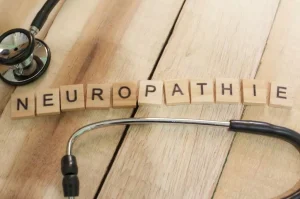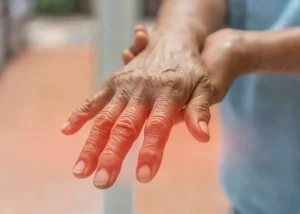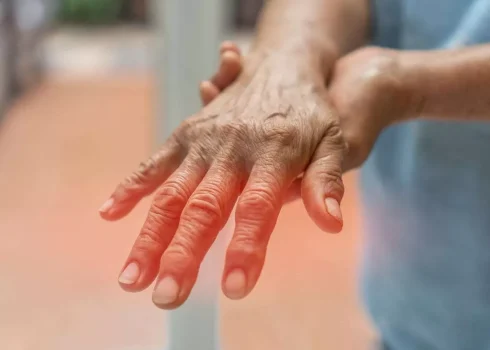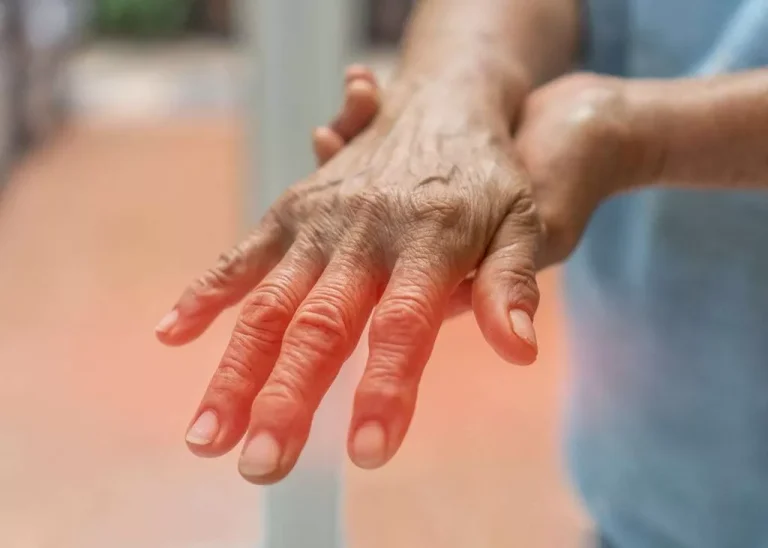
Over time, these associations become powerful triggers, eliciting cravings even without drug exposure. Cue-induced craving is a major relapse factor, as individuals may experience compulsive urges when reminded of past drug use. Cocaine addiction remains a major public health concern, with intense cravings being one of the biggest barriers to recovery. While no FDA-approved medication specifically treats cocaine dependence, researchers have explored various options, including baclofen, a muscle relaxant. Some studies suggest baclofen may reduce cravings by modulating brain chemistry linked to reward and reinforcement. Medical treatments, including prescribed medications, may be necessary to manage cocaine withdrawal and support mental health during recovery.
Warning Signs of a Drug Relapse: Spot Them Early
Detoxing under medical supervision minimizes risks and lays a solid foundation for recovery. Remember, going cold turkey at home can be dangerous due to the potential for severe withdrawal symptoms and relapse. Effectively learning how to beat a cocaine addiction can be a difficult but achievable goal. By recognizing the signs of addiction, seeking professional help, and receiving emotional support, individuals can successfully beat their addiction and regain control of their lives.
We and our partners process data to provide:

Continuous support and treatment, which includes therapy and support groups, can assist individuals in sustaining sobriety and tackling any challenges that may crop up during recovery. By learning to cope with stress in healthy ways, individuals can better manage cravings and avoid relapse triggers. Stress management techniques, such as mindfulness and exercise, can help alleviate cocaine withdrawal symptoms and promote overall well-being.
Alternative Treatments and Future Developments
When you decide to stop using cocaine, your body will undergo several changes, signaling the beginning of the detox process. Quitting cocaine is a significant challenge that many people face today. If you’re determined to overcome your addiction, understanding the safest ways to quit is crucial.

Understanding the Difference Between Cognitive Behavioral Therapy and Psychotherapy
After detox, it’s crucial to continue with therapy, join support groups, or seek professional help as part of your relapse prevention plan. Yes, it’s possible to overcome cocaine addiction without rehab, but it’s challenging and may not be suitable for everyone. The absence of professional support significantly lowers the success rate. Rehab provides a structured program with therapy, support, and medical care, which increases the chances of successfully quitting cocaine. Professional support lessens the likelihood of relapse by offering structured guidance and resources.

This can be frustrating but understanding that it’s a normal part of the withdrawal process can help you cope more effectively. Attempting to detox at home, you’re without this level of care, increasing the likelihood of experiencing severe symptoms without the necessary support. This makes the process of quitting not only more challenging but potentially dangerous. Organizations like Narcotics Anonymous provide a safe space to share experiences and learn from others who’ve walked a similar path. These groups offer an invaluable sense of community and understanding, which is often a balm for the isolation addiction brings. Notwithstanding, targeted addiction treatment for older people is still a specialised and hard-to-access service.

Family and Friends
- Seeking support is a sign of strength, not weakness, and is often the first step towards recovery.
- Confirmatory testing using gas chromatography/mass spectrometry (GC-MS) ensures accurate drug detection even in diluted samples, making this method unreliable (Lin et al. 2017).
- You might find yourself feeling extremely tired yet unable to sleep well.
On the physical side, crack cocaine tends to be more addictive than cocaine. In detox from cocaine, the psychological challenges tend to be more addicting than the physical ones. Besides being one of the most-abused illicit drugs in the United States, cocaine is involved in more than 50% of the overdose deaths in this country. It’s often combined with other substances, which adds to the danger of overdose. With more education, treatment and the right supports, you can manage cocaine recovery challenges and permanently leave cocaine behind. Creating a supportive environment is crucial for successful recovery.
Long-term physical effects of cocaine overuse
Individuals can increase their chances of successful recovery and a brighter future by building a strong support network, developing healthy coping mechanisms, and staying motivated. Understanding these psychological aspects can help guide treatment approaches for cocaine addiction. Therapy and counseling can provide individuals with the tools to address underlying emotional issues, develop healthier coping mechanisms, and build a support network for recovery. Cocaine addiction experts, including therapists and healthcare providers, offer medically informed guidance.

How did you find purpose in life after overcoming addiction?
- Reach out to the support network for guidance and reassurance, and use the experience as motivation to continue on the path to sobriety.
- If you are looking for a flexible option, you could try online rehab.
- Quitting cocaine allowed me to rebuild relationships based on trust and mutual respect.
Energy drinks contain amino acids that may mimic drug structures, and excessive water consumption can dilute urine samples, potentially affecting results. Each method has varying levels of success depending on the type of test and the substance being detected. Recovery is a lifelong journey that cocaine addiction treatment takes dedication and persistence.
Cocaine Withdrawal Symptoms
Seth drug addiction treatment brings many years of professional experience working the front lines of addiction in both the government and privatized sectors. After overcoming addiction, I found purpose in the simple joys of daily life and the relationships I rebuilt. I realized that true happiness comes from within, and living a life of meaning and fulfillment is possible without the burden of addiction. Quitting cocaine allowed me to rebuild relationships based on trust and mutual respect. People who truly cared about me began to re-enter my life, leading to stronger and more fulfilling connections.
